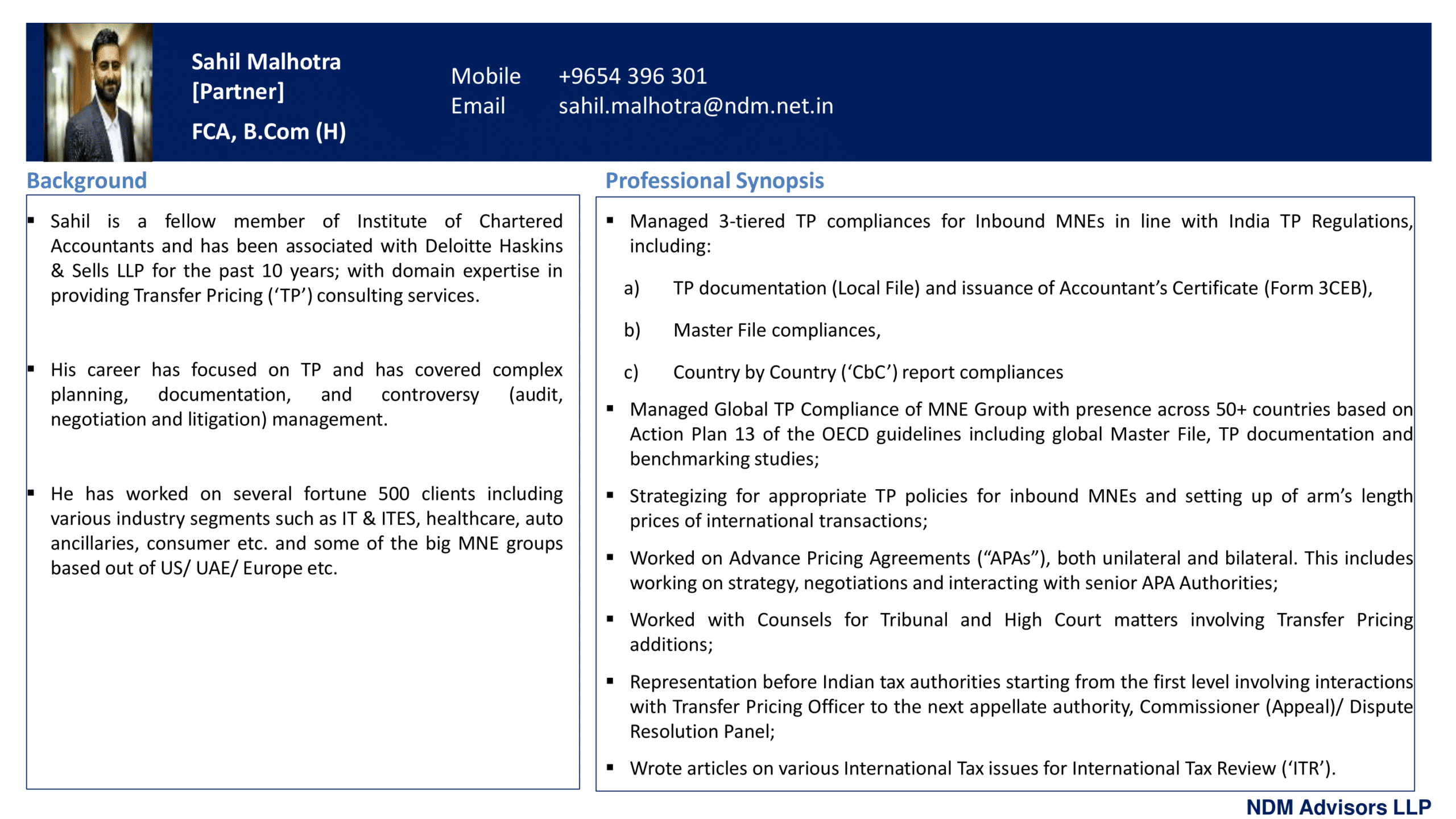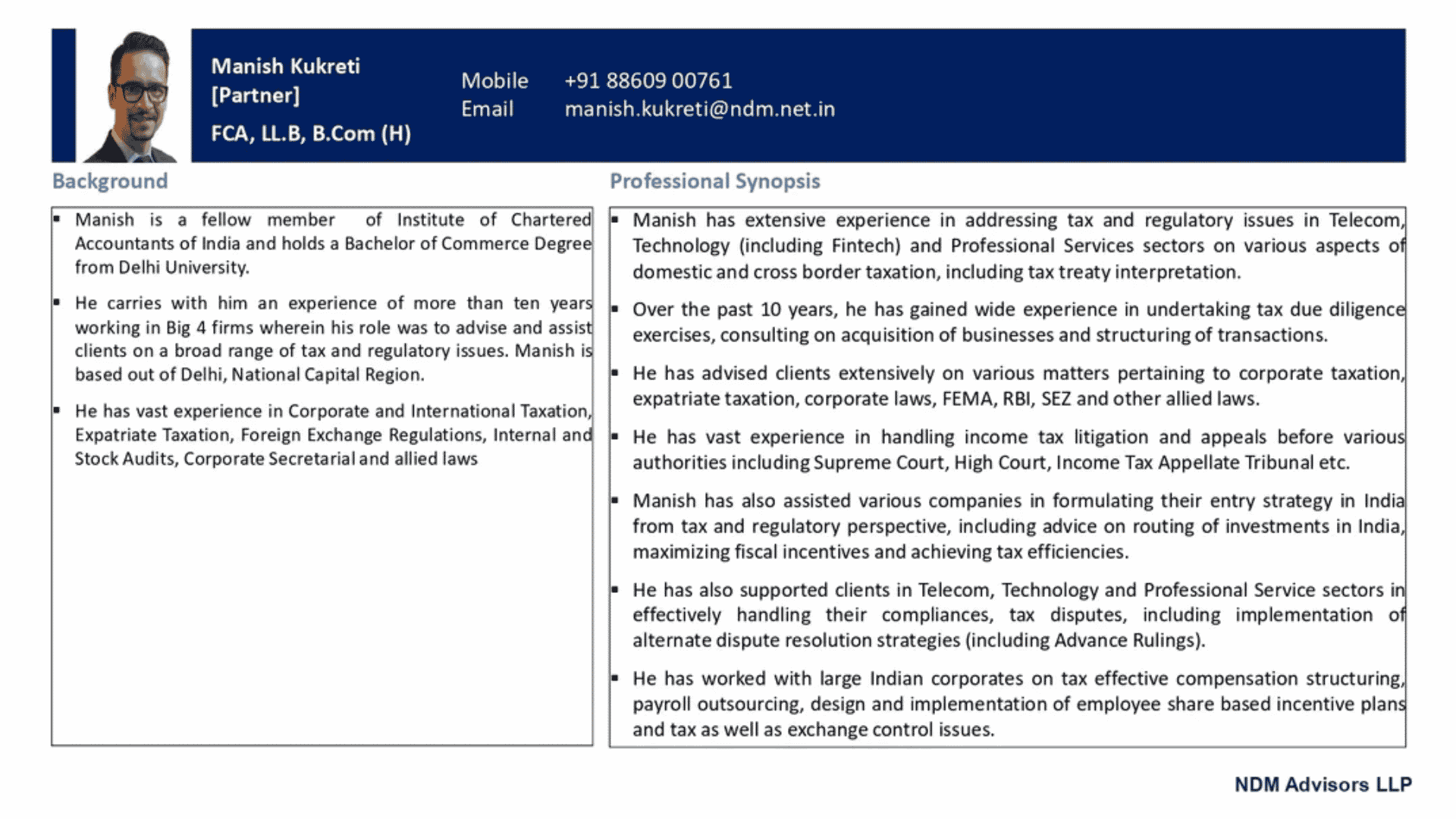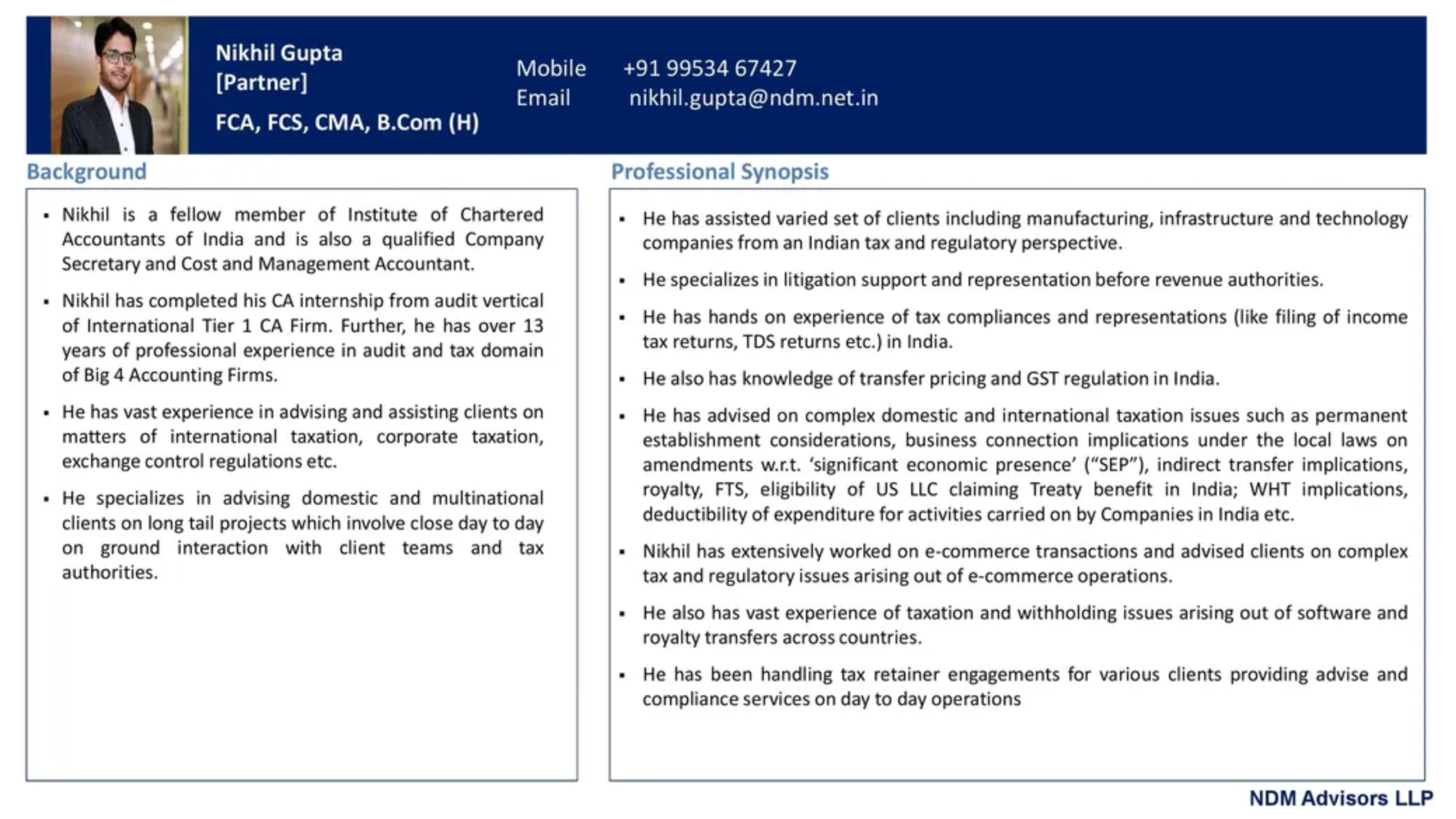A sigh of relief for Individuals and HUFs under Section 54

Recent past has witnessed intense mooting on allowability of exemption under Section 54 of the Income Tax Act, 1961 (‘Act’). The extant provisions of Section 54 and judicial precedents on the same create uncertainty leading to varying interpretations by taxpayers, revenue authorities and tax courts.
At the very outset, let us understand the exemption provided under the provisions of Section 54 of the Act. As per Section 54 of the Act, exemption is available to individuals and Hindu Undivided Families (HUFs) against long term capital gain from transfer of residential house (building or land appurtenant thereto) in following two scenarios:
- The taxpayer purchases another residential house within a period of one year before or two years after the date of transfer of old residential house; or
- The taxpayer constructs another residential house within a period of three years after the date of transfer of old residential house.

Interestingly, the aforementioned provisions of Section 54 of the Act leave us with many unanswered questions which lead to mooting before the tax courts:
- What date shall be reckoned to be the date of purchase or date of construction of new residential property?
- Where land for construction of new house is purchased before the transfer of old house, whether cost of such land would be claimable under Section 54?
- Where only the proceeds from transfer of old residential house be invested in new residential house (constructed or purchased) in order to claim exemption under Section 54 of the Act;
- Whether substantial compliances with the formalities of purchase or construction would entitle a taxpayer to benefits of Section 54 of the Act and if so, what would constitute substantial compliance in the regard;
- Whether exemption under Section 54 would be allowed where the construction of residential house had commenced before the transfer of old residential house;
- Whether purchase of under-construction house be considered as house constructed or house purchased for purpose of calculating the investment time limits.
Leaving the above questions unanswered, seemingly simple provisions of Section 54 of the Act have often led to opening the flood gates of litigation before various tax courts. Recently, the Delhi Income Tax Appellate Tribunal (‘ITAT’) in case of Dr. Rajinder Kumar Gupta v. Asstt. CIT (ITA No. 4089/Del/2015) was posed with the question of allowability of exemption under Section 54 of the Act

wherein the taxpayer, an individual, had purchased a construction linked residential house from a builder and part payment was made post completion of three years from transfer of old residential property. Relevant facts of the case are as follows:
- Taxpayer, an individual, sold a residential property and received advance payment against the same before the execution of sale deed (incurring long term capital gains);
- Out of such advance receipt, the taxpayer paid instalment of construction linked residential house offered by a builder;
- In order to claim deduction under Section 54 of the Act, differential amount between the capital gains and aforesaid instalment was deposited in capital gains account;
- As per the agreement between taxpayer and builder, last instalment of the construction linked residential house was falling due post completion of three year period from transfer of old house;
- Assessing Officer (‘AO’) disallowed exemption under Section 54 of the Act recording that neither the construction of property nor its possession was within stipulated three year period (under Section 54 of the Act);
- Additions made by the AO were confirmed by the CIT(A) and hence, taxpayer preferred an appeal before the Delhi ITAT.
The Delhi ITAT held that provisions of Section 54 of the Act do not mandate the construction of new house to succeed the sale of old house or that proceeds from sale of old house be used for purchase of new house. On the argument of the revenue that the taxpayer did not acquire new residential house within prescribed period of three years, the Delhi ITAT held that except for a small portion of instalment, entire consideration was paid by the taxpayer within three years, which would amount to substantial compliance. Accordingly, claim of the taxpayer was allowed by the Delhi ITAT.
It is pertinent to notice that the Delhi ITAT has deviated from the legalistic interpretation of Section 54 of the Act and time limits prescribed therein, and has followed a substantialist/ radical approach to interpretation of the provisions of Section 54 of the Act. The said judgement comes as a sigh of relief for the taxpayers who have claimed deduction under Section 54 of the Act but the construction / purchase of house could not be completed within stipulated period. Further, the judgement also provides relief to the taxpayers who had started construction of new house prior to the transfer of old residential house.
Though the judgement from Delhi ITAT is a well-reasoned one, however, following questions still remain unanswered for the taxpayers:
- Whether booking made for construction linked residential house would be considered as purchase or construction of house (for applying respective time limits); and
- If the investment (by way of construction or purchase) in new house is to be allowed prior to transfer of old house and even beyond period of limitation in case of substantial compliance, would there be, at all, any limitation period applicable for claiming deduction?

Till the time above questions are answered by the courts, the taxpayers can claim benefit under Section 54 of the Act provided they are substantially in compliance with the provisions of the Act. Further, Budget 2019 has provided another reason of rejoice for the taxpayers wherein it is proposed to provide once in a lifetime opportunity of claiming exemption under Section 54 of the Act by investing in two residential houses in case the long term capital gain does not exceed INR 2 crores. Once approved, the said amendment would come in force with effect from 01-April-2020. Normal exemption under Section 54 of the Act shall continue to be available to the taxpayers.
Conclusion
Thought the aforesaid decision shows Delhi ITAT’s liberal approach adopted towards provisions of Section 54 of the Act and the taxpayers can also take benefit of the one-time opportunity provided in Budget 2019. However, it is imperative for taxpayers to be cautious of two aspects: (i) payment for the new house be made within (or substantially within) prescribed period; and (ii) construction/ purchase of new house be completed within (or substantially within) prescribed period.
In case of queries, drop us a line on communications@ndm.net.in
Have Any Question?
Send us a message and tell us more about your business and financial goals. We will get back to you soon to schedule a consultation.
- +91 9873210394
- Communications@ndm.net.in


















